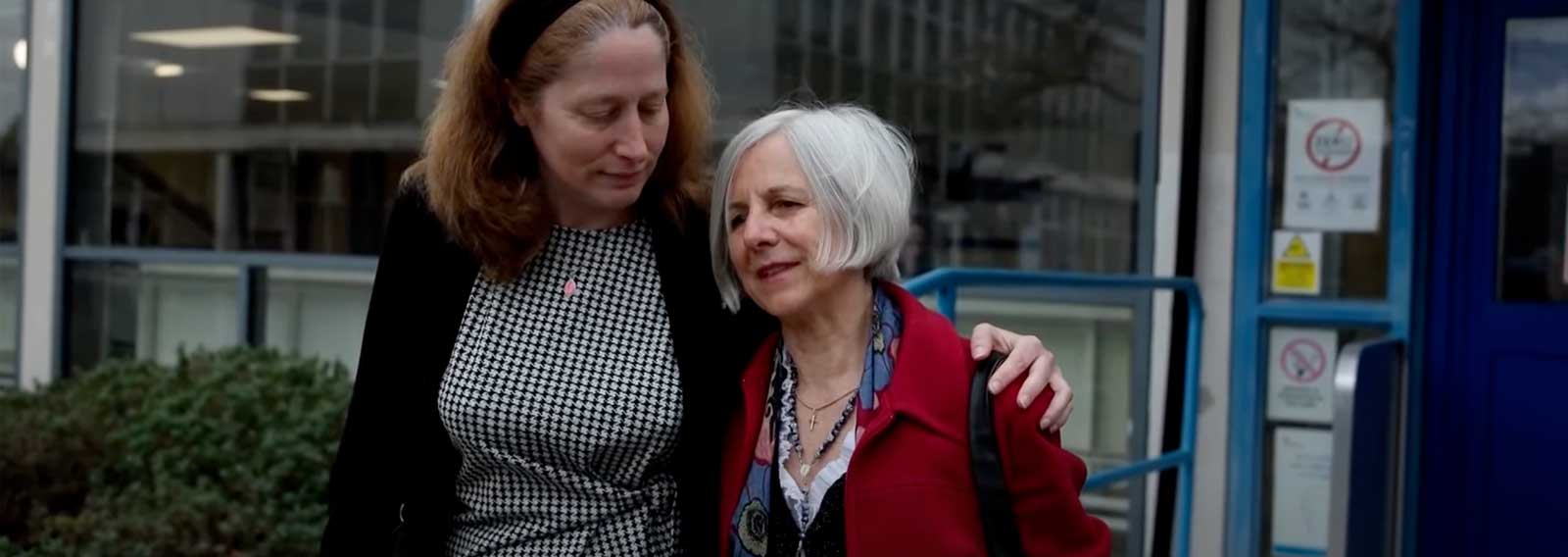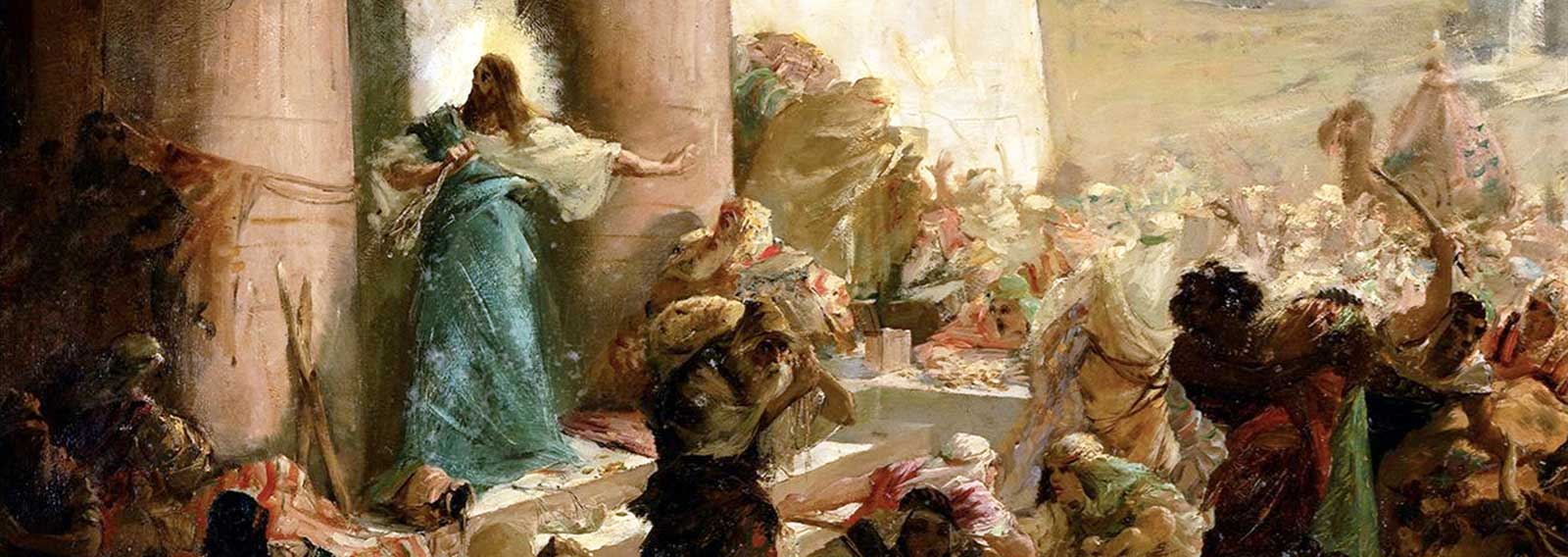How should we then live in these changing times?
My theme is simple. As I have said so often over the years, the once-Christian West is no more. The West has not only moved into being a post-Christian West, but it is now quite clearly an anti-Christian West. That is the reality we find ourselves in today. So how do Western Christians live in such a culture?
In one sense, we live the same as always. We seek to live lives of integrity, allowing Jesus to shine through our daily words and actions. We seek to share the gospel. We continue to worship God. All that remains the same. But in other ways, we need to think and act rather differently.
Just yesterday I wrote about this matter in a book review. I quoted Eric Metaxas: “The problem is not at all that wonderful pastors like New York’s Tim Keller were wrong in their assessments that we should avoid politics and culture-warring, but that as circumstances in our own culture changed, they eventually became wrong by sticking to a script that was no longer right for the time in which we found ourselves.”
He had referred to an article that in turn referred to an earlier piece. Let me retrace the steps. In February 2022 Aaron Renn wrote about “The Three Worlds of Evangelicalism.” He uses Keller as one of his examples as he looks at these three worlds:
– Positive World (Pre-1994): Society at large retains a mostly positive view of Christianity. To be known as a good, churchgoing man remains part of being an upstanding citizen. Publicly being a Christian is a status-enhancer. Christian moral norms are the basic moral norms of society and violating them can bring negative consequences.
– Neutral World (1994–2014): Society takes a neutral stance toward Christianity. Christianity no longer has privileged status but is not disfavored. Being publicly known as a Christian has neither a positive nor a negative impact on one’s social status. Christianity is a valid option within a pluralistic public square. Christian moral norms retain some residual effect.
– Negative World (2014–Present): Society has come to have a negative view of Christianity. Being known as a Christian is a social negative, particularly in the elite domains of society. Christian morality is expressly repudiated and seen as a threat to the public good and the new public moral order. Subscribing to Christian moral views or violating the secular moral order brings negative consequences.
A number of other writers picked up on this assessment. For example, a few months later James Wood wrote about “How I Evolved on Tim Keller.” He said this:
I began to observe that our politics and culture had changed. I began to feel differently about our surrounding secular culture, and noticed that its attitude toward Christianity was not what it once had been. Aaron Renn’s account represents well my thinking and the thinking of many: There was a “neutral world” roughly between 1994–2014 in which traditional Christianity was neither broadly supported nor opposed by the surrounding culture, but rather was viewed as an eccentric lifestyle option among many. However, that time is over. Now we live in the “negative world,” in which, according to Renn, Christian morality is expressly repudiated and traditional Christian views are perceived as undermining the social good. As I observed the attitude of our surrounding culture change, I was no longer so confident that the evangelistic framework I had gleaned from Keller would provide sufficient guidance for the cultural and political moment. A lot of former fanboys like me are coming to similar conclusions. The evangelistic desire to minimize offense to gain a hearing for the gospel can obscure what our political moment requires.
And just a few days ago Australian writer Simon Kennedy looked at all this in light of the recent case of anti-Christian bigotry in the AFL. Andrew Thorburn was hounded out of his role as Essendon CEO for daring to identify as a Christian, and for being associated with City on a Hill church and its minister Guy Mason. After this event, Mason was soon on Channel 7 trying to deal with all this.
He tried to present his side of the story to David Koch on Sunrise a week ago, but as might have been expected, he was bullied and shot down by a very unsympathetic Koch. Mason wanted to stress the positive and highlight God’s love, but Koch would have none of it. And all that reflects the big cultural shift now underway. Kennedy says this:
Here is the fact the culturally sensitive, missional, gospel-centred church in Australia now needs to face. And that descriptor makes up a good chunk of the conservative churches in Australia, be they Anglican, Presbyterian, Pentecostal, Uniting, or whatever. The fact is: No. One. Cares.
No one cares how nice you are. No one cares how clever you are. No one cares how many recent Hollywood films you reference in your sermon. No one cares how many cultural connections you make in your blog posts. And I’m afraid that no one will have given two hoots about Mason’s positive vision for Christianity from his Channel 7 interview.
Why is that? Because Mason is a bigot. I am a bigot. And you, dear brothers and sisters, are bigots. We are, as Carl Trueman pointed out years ago, the equivalent of white supremacists in the eyes of our enlightened, post-Christian society. No matter how gentle, meek, and winsome you are on national television, no matter how nice you come across, and no matter how well you avoid the hard issue thrown at you in public, you will be cast as a bigot.
So how do we approach this? What should our ministry and cultural strategy be? I suggest starting with Aaron Renn’s framework of “positive world,” “neutral world,” and “negative world.” Renn argues that we winsome, culturally-sensitive types are operating quite naively in neutral world. The trouble is, we’re not Tim Keller in New York in 1998. The world, and the culture we’re trying to relate to, have moved on. In our culture, Christianity is a net negative.
Given that, our approach to everything we do should be coloured by the reality that our efforts to be winsome, pleasant, gentle and meek won’t increase our persuasiveness. Our presentation of, and communication of, the gospel message is not enhanced by pretending we live in neutral world. Do you know what our culture wants to know? It wants to know what Kochie wanted Mason to tell him — Why are we bigots?
What drives us to be bigots? Why would we hold to purportedly outdated, disgraceful, out-of-favour views about moral issues like abortion, gender, and marriage? Mason, unfortunately, never got to give an answer, maybe because he did not have one ready for his interview on Channel 7. This is unfortunate, and I feel for him. My suspicion is he wasn’t expecting the line of questioning he received.
But what else should he expect? Ministers should no longer expect the culture to play nice. Media engagement is a minefield, a battle zone. It is not a tennis match with cucumber sandwiches and soda water afterwards. So, too, parishioners and congregation members are actually in a battle zone when they live in the world. Equipping them with winsomeness, niceties, and polite apologetics strategies is very 2002.
Quite right. Things have changed, and just trying to be nice no longer cuts it. We may need to go back to our gospel roots – the actual four gospels in fact. Recall John the Baptist standing up to Herod and rebuking him over an issue of sexual immorality. He lost his head for daring to do that.
Jesus spoke truth to power to both the political Roman overlords and the religious leaders of his day. He too lost his life for doing this. And almost all of the disciples also paid the ultimate price for speaking truth boldly and not worrying about how many feathers they were ruffling along the way.
And countless Christian martyrs through the centuries also testify to this fact. To proclaim the truth of God to a world that hates the one true God will always result in a fierce and hostile reaction. How can it be otherwise? The Old Testament prophets also knew all about this reality.
Is there still a place to seek to be wise and careful and cautious as we relate to the world around us, and to the world’s leaders, elites and media? Sure, but the idea that if we just smile a lot and seek to be hip, trendy and cool we will gain a hearing no longer cuts it in the very antagonistic climate we find ourselves living in today.
So we must go back to basics. When Jesus said this in Luke 6:22-23 he actually meant it: “Blessed are you when men hate you, and ostracize you, and insult you, and scorn your name as evil for the sake of the Son of Man. Be glad in that day and leap for joy, for behold, your reward is great in heaven. For in the same way their fathers used to treat the prophets.”
And when he said this in John 15:18-21 he also meant it: “If the world hates you, keep in mind that it hated me first. If you belonged to the world, it would love you as its own. As it is, you do not belong to the world, but I have chosen you out of the world. That is why the world hates you. Remember what I told you: ‘A servant is not greater than his master.’ If they persecuted me, they will persecute you also.”
Postscript
Let me say here that I (and the writers I feature above) are not picking on Mason. As someone who has been involved in many hundreds of interviews with a hostile secular media, I know how tough it can be. It is never easy, and real wisdom is needed. But I might also say that even in his own church he may have been too careful and cautious (although he may have known the secular media was going to be there; and someone said he eventually got stronger in the end). But having said that, I tend to go along with Doug Wilson here in his assessment of Mason and the trans issue:






















